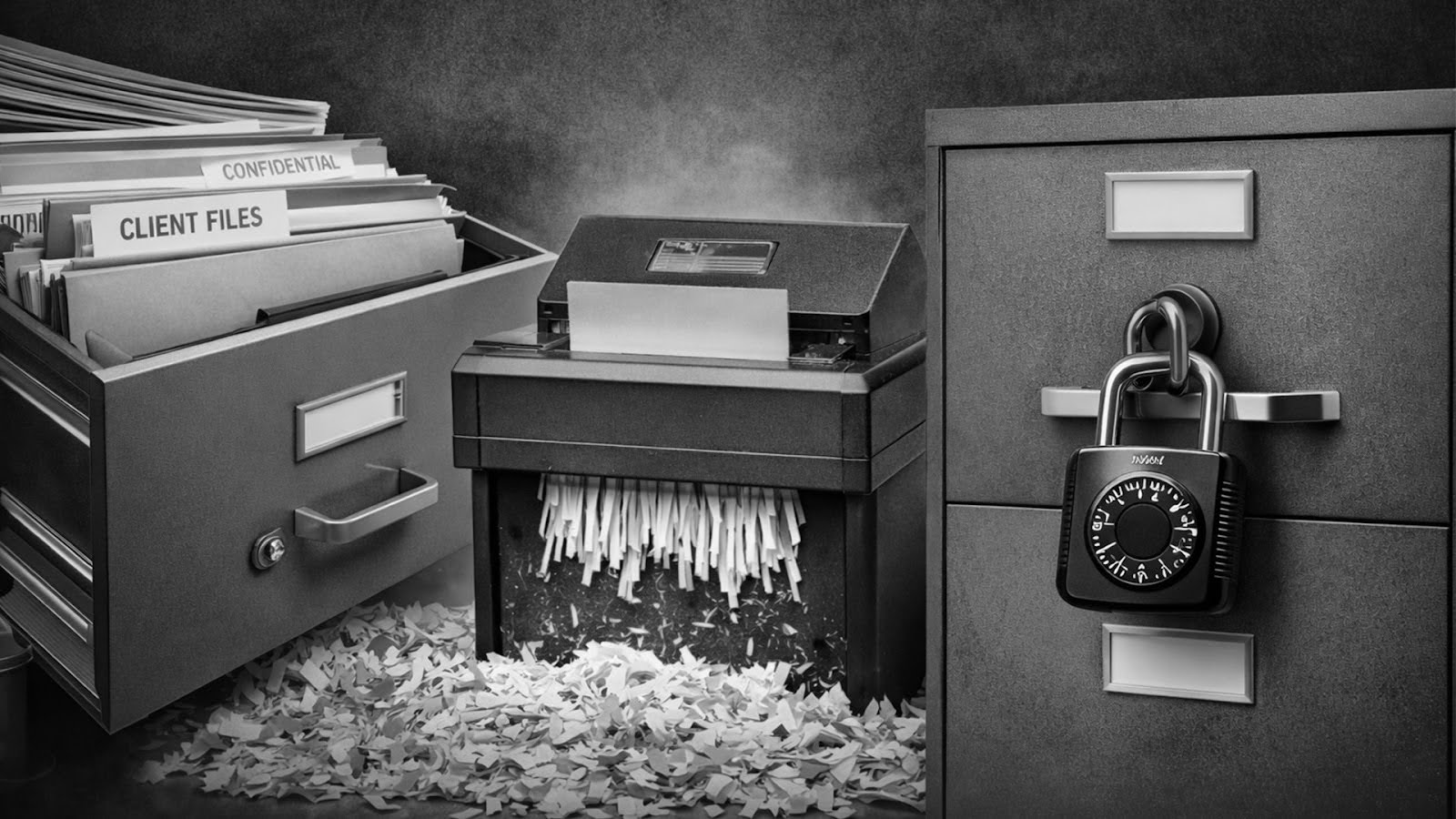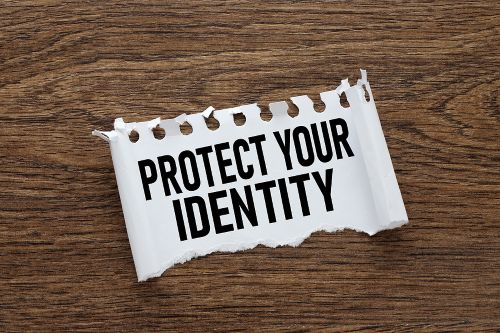Tax Season Essentials

In the United States, Tax Day is scheduled for Tuesday, April 15, 2025, representing the final day for submitting income tax returns to the IRS. U.S. citizens living overseas have an extended deadline until June 16, 2025, to complete their filings. Although April 15th is well-established today, tax return deadlines have evolved over time—from March 1 in 1913, to March 15 in 1918, and finally to its current date since 1954. This additional preparation time can inadvertently increase opportunities for identity theft and fraud.
Ensuring the protection of personal and financial information during tax season—and year-round—is critical. Sensitive details such as Social Security numbers, financial statements, and bank account information found in tax documents require careful handling. Secure document shredding is one of the most effective methods for protecting your personal information from identity theft.
1. Secure Document Shredding is Critical
Identity thieves actively seek unsecured personal information, especially during the tax filing period. Documents such as outdated tax returns, financial statements, and receipts, if not properly disposed of, pose a substantial security risk. Secure shredding completely destroys sensitive documents, eliminating the chance for criminals to misuse your information.
2. Risks of Accumulating Unneeded Documents
Holding on to unnecessary paperwork not only creates clutter but also increases the risk of identity theft and privacy breaches. These unneeded documents can easily become targets for criminals. Timely disposal through secure shredding mitigates these risks and enhances your personal information’s protection.
3. What Should Be Shredded?
Understanding what documents require shredding is essential to safeguarding sensitive information:
Tax-Related Records
Keep tax documents such as W-2 forms, 1099s, and past returns for approximately three to seven years. Once they are no longer needed, securely shred them to eliminate potential risks.
Financial Records
Bank statements, investment documents, and receipts for significant purchases generally need retention for three years. Securely shred these records after this period to protect yourself.
Personal Information
Documents containing sensitive details like Social Security numbers, bank account information, passwords, medical records, or insurance papers should be securely shredded immediately once they become unnecessary.
4. Establishing Consistent Shredding Practices
Instead of waiting until tax time, establish a routine to manage document shredding regularly:
Routine Shredding Schedule
Set aside regular intervals, such as monthly or quarterly, for reviewing and shredding unnecessary paperwork using a one-time shredding service. Consistency reduces clutter and simplifies document management.
Secure Storage Solutions
Locked, secure shredding containers at your office or home office for storing sensitive documents until shredding. This approach helps prevent unauthorized access.
Professional Shredding Services
If managing shredding personally becomes cumbersome or you handle a high volume of documents, consider scheduled shredding service, ensuring convenient and secure document disposal.
5. Securing Digital Documents
Digital records also require vigilant management:
Effective Digital Deletion
Simply deleting electronic files does not guarantee their removal. Engage professional digital destruction services to ensure financial and sensitive data cannot be recovered.
Secure Cloud Solutions
Utilize reputable cloud storage providers with robust encryption to safeguard your electronic documents. Periodically review and securely delete files that are no longer needed.
6. Adhering to Data Privacy Regulations
Compliance with data privacy regulations is essential to avoid legal risks:
Understanding Privacy Laws
Familiarize yourself with legislation like the Fair and Accurate Credit Transactions Act (FACTA), requiring secure destruction practices to combat identity theft. Compliance protects your organization and ensures legal accountability.
Maintaining Audit Records
Businesses handling sensitive client data should document their shredding practices, maintaining records of destruction dates and methods to demonstrate regulatory compliance.
Partnering with a NAID AAA Certified Shredding Company
Achieving NAID AAA Certification shows that a shredding company adheres to the highest security and ethical standards in the industry. You wouldn’t want to take a chance with data security, so choose a shredding partner with this important certification.
7. Environmentally-Conscious Shredding
Protecting personal information can align with sustainable practices:
Recycling Options
Select shredding providers that recycle to ensure shredded materials are reused rather than sent to landfills.
Sustainable Shredding Practices
Opt for shredding companies that implement eco-friendly procedures, such as energy-efficient processes and recycling shredded materials into new products.
Richards & Richards has been serving the Nashville area with trusted, secure document shredding services for decades, and is Nashville’s oldest NAID AAA Certified shredding company.
Enhance your personal and financial security year-round by calling at (615) 242-9600 or completing the form on this page today.






